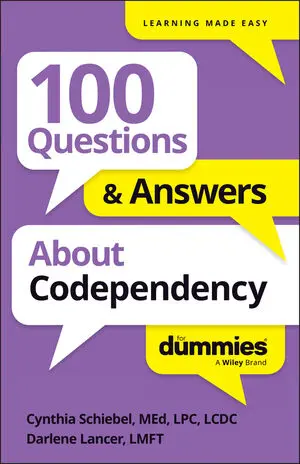Denial comes in many forms. Some block out more reality than others. However, all forms of denial accomplish their purpose of keeping you from facing the truth and dealing with problems. There are also types of denial specific to codependency. Here are the methods people usually employ with denial:
Forgetting: Overlooking something that you don’t want to do
Self-deception: Believing the reverse or a variation of the truth
Lying: Asserting the opposite of the truth (different from a lie)
Minimizing: Making less of something than it really is
Rationalizing: Justifying with excuses or arguments
Repressing: Removing awareness of feelings, thoughts, needs, desires, traumatic events, or memories
These methods have varying degrees of conscious awareness. Denial doesn’t always mean that you’re oblivious to a problem or your feelings or needs. You might minimize or rationalize what’s going on to lessen its importance and not deal with it, or you recognize the problem, feeling, or need for what it is, but deny the consequences and its impact. You may see all this and still deny any need for help.






